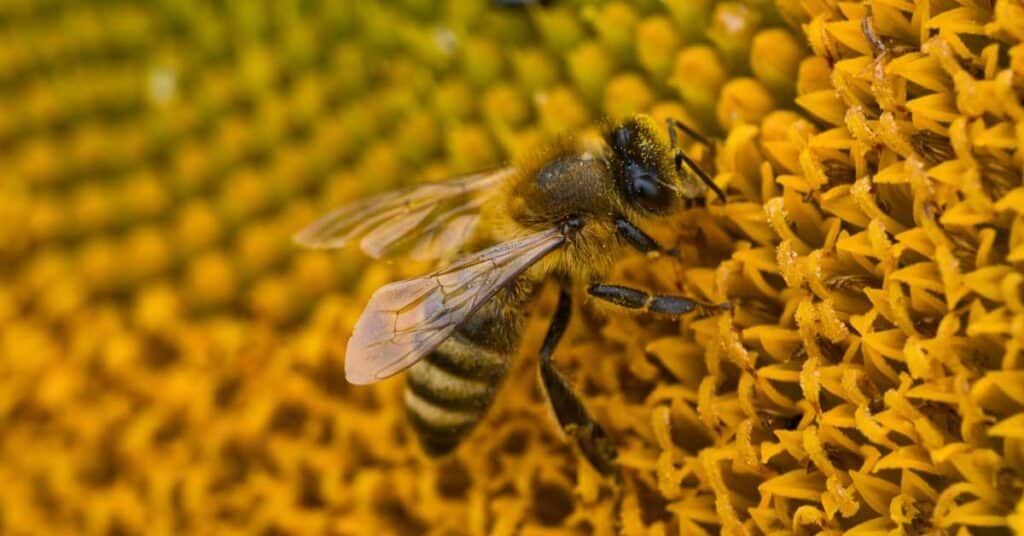Bees are essential to human survival, playing a vital role in pollinating the crops that feed the world. However, in recent years, bee populations have been under threat from factors like colony collapse disorder, habitat destruction, and various diseases. But there’s a glimmer of hope: the U.S. Department of Agriculture has approved the world’s first honeybee vaccine to protect against American foulbrood, a deadly disease spread by bacterial spores that can wipe out entire colonies.
So, how exactly does a bee colony get vaccinated? It’s not as complicated as you might think, and it’s actually pretty clever. The vaccine, which contains dead Paenibacillus larvae bacteria, is added to the queen bee’s food. Worker bees then consume it and incorporate the vaccine into the royal jelly they feed the queen. Once she eats it, the vaccine reaches her ovaries, providing immunity to the larvae she produces. This means that all the baby bees are born with immunity to American foulbrood.
This breakthrough vaccine was developed by the University of Georgia’s College of Agricultural and Environmental Sciences, in collaboration with biotech company Dalan Animal Health. Researchers are hopeful this is just the first step toward vaccines for other bee diseases as well.
American foulbrood has no cure and has become a significant global issue, with beekeepers traditionally using antibiotics to control it. However, the USDA is working to reduce antibiotic use in food-producing animals, and this vaccine eliminates the need for antibiotics in honeybee populations.
Commercial beekeepers will be the first to receive the vaccine, with American foulbrood affecting up to 25% of hives in certain U.S. regions. Infected colonies have often been destroyed, and antibiotics were used to prevent further spread. But now, this vaccine offers a much-needed solution.
Annette Kleiser, CEO of Dalan Animal Health, emphasized the importance of honeybee pollination, particularly in light of population growth and climate change. She stated, “Our vaccine is a breakthrough in protecting honeybees, and we’re ready to change how we care for insects, impacting food production on a global scale.”
This development also highlights the evolving power of vaccine technology, benefiting not just humans, but the animals that play a crucial role in our ecosystem.
Ultimately, saving the bees benefits us all. Honeybees pollinate a third of the food consumed in the U.S., and supporting their health is essential for our future. So, here’s to science—helping bees, and by extension, us, thrive.
 Skip to content
Skip to content
